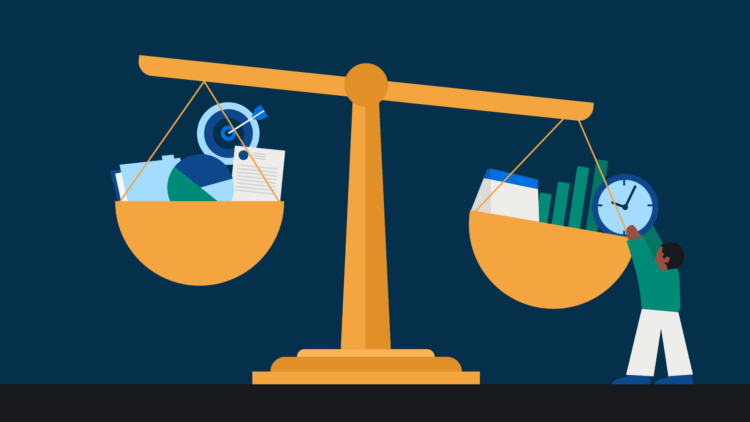In Richard Susskind’s book, Tomorrow’s Lawyers, he predicts that legal work will fragment. In particular, he talks about “bespoke”’ (a tailoring term for made-to-measure clothing) work. Matters requiring bespoke work need careful crafting and design from scratch; this is because each of these matters is unique, without repetitive elements and workflows. According to Susskind, bespoke matters will become increasingly rare.
Instead, because most clients have legal needs that are routine, commoditized legal services will meet the needs of most legal consumers. Employment contracts, incorporations, wills, leases, and more have become products that consumers can purchase. For many, these products will be perfectly sufficient. The law and requirements for many of these services are well established. Form and even content can be prescribed by regulation or case law.
When this happens, the work involved in these legal matters becomes commoditized. It becomes replaceable, and tools to create outputs are built. Legal product companies like LegalZoom and RocketLawyer provide commoditized products—but so do many law firms and legal clinics. As our ability to parse law and outcomes increases with computing technology, Susskind believes that more legal services will spring up—and replace the small bespoke law firms that currently provide coverage to clients.
He also predicts that commoditized legal offerings will be faster, cheaper, and less prone to error for most customers. So, what can lawyers do in the face of encroaching commoditization?
Resistance is Futile
First, lawyers need to embrace commoditization as a part of their own legal practices. This means researching and implementing tools that speed up and replicate their own work. Law firms do not need to become electronic sweatshops and crank out completed form after completed form. However, clients will be expecting higher efficiency, and will have less patience for firms that insist on dragging out work by using outdated tools. Clients will want real-time updates via client portals, after-hour services, and instant delivery of completed work. Lawyers should also invest in tools that provide document automation. You never need to type the exact same information twice; let a computer do that work for you.
Courts will also look to law firms to boost their efficiency. E-filing, predictive coding discovery, and hyperlinked briefs are already becoming accepted practice in some jurisdictions. As judges (and clerks) get more technologically savvy, expect them to begin imposing new standards for interaction with the tribunal. Formatting of briefs will be the least of standards demanded by the courts in the future. New standards will include briefs that flag their own case law’s current disposition and tools that schedule hearings without in-person interaction.
Lawyers should be prepared to embrace these commoditized tools. After all, they save you time and effort. Your time will be better spent on your clients’ needs that require individual attention, and not just labor.
A Distinguished Practice
Second, lawyers need to grow their practices beyond just commoditized services. If every lawyer is using the same tools to automate their practices, clients will view law firms as fungible. Firms must provide ways to distinguish the values they can provide from their competition.
Freshbooks’ ebook, Breaking the Time Barrier, tackles how to distinguish yourself in a field that is commoditizing. “If things get very competitive in your industry, instead of trying to compete on price, which just reduces you to a commodity, look for new ways to distinguish yourself and your services.” The ebook goes on to discuss changes in perception of billing and value that professionals can use to make themselves stand out in crowded landscapes.
These two books, especially Susskind’s—which delves further into the changing legal space—should be required reading for lawyers. Susskind discusses not only commoditization, but also new areas of emerging legal value. If you’re interested in determining the areas where your firm can go beyond the commoditized offerings of other firms, this is a great place to start.
We published this blog post in July 2014. Last updated: .
Categorized in: Business









